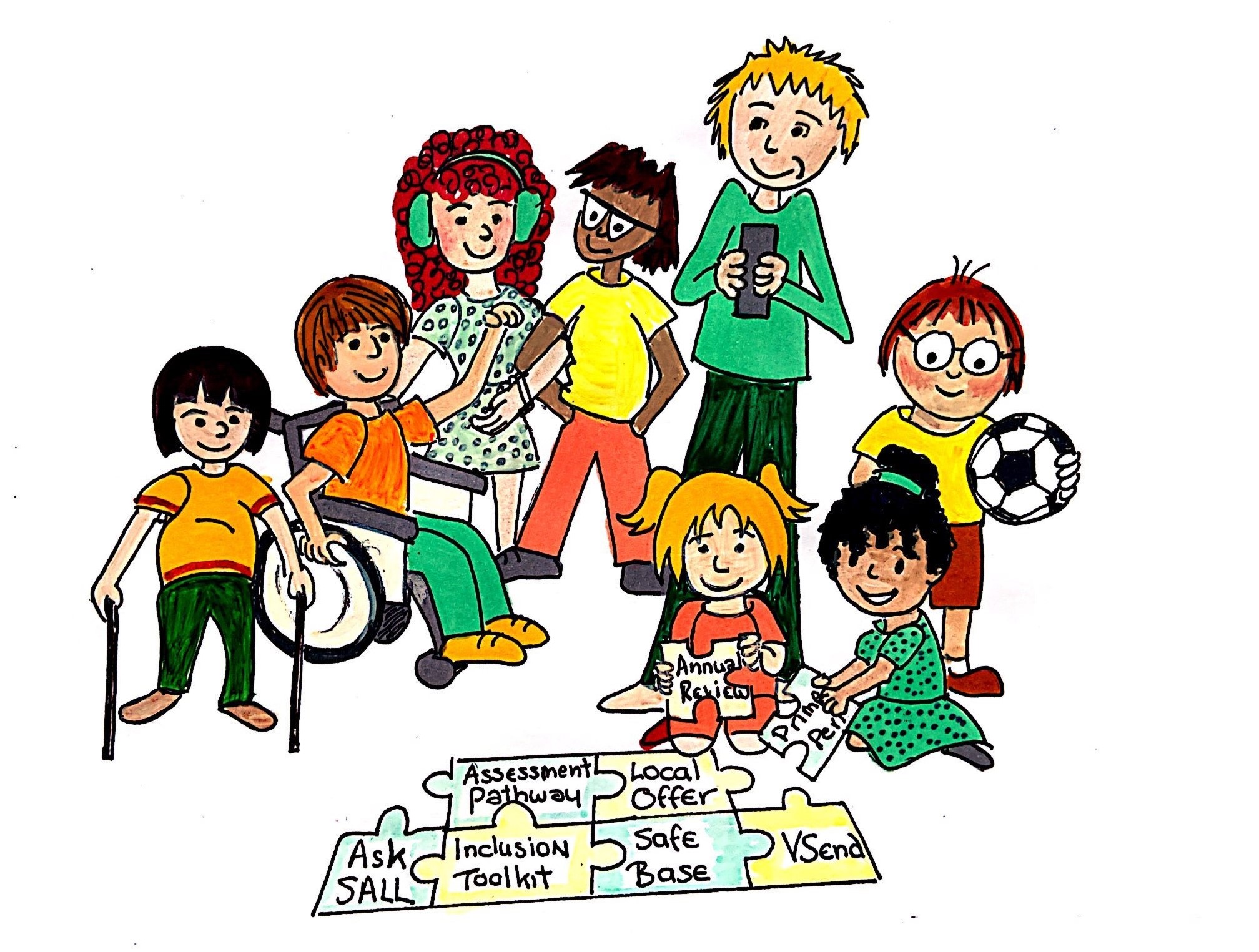Level 7-10 what you may notice
0-5
The child is diagnosed as having profound vision loss (within visual acuities of 6/60 and 6/120) and will require significant adaptations of materials and assistive technology. The child will require formal ongoing instruction to enable them to live as independently as possible, as directed by the VI team.
- vision loss classified as profound
- the vision impairment will have a severe impact on a learner’s ability to function independently in the environment
- will need to access their learning through large print or tactile means
- will need enhanced adult support to fully access the EYFS curriculum
- will need pictures produced in a tactile format and will need to acquire tactile or pre-braille skills
- will take longer to complete tasks, often in a different medium
- will need help with social interactions with their peers and find it difficult to maintain positive self- esteem and social confidence
- will need support to fully develop an understanding of others and maintain positive relationships with peers
- without specialist support they will be at high risk of not achieving and maintaining levels of attainment in keeping with their age and abilities or making expected progress
5-16
Level 7-8
The pupil is diagnosed as having profound vision loss (within visual acuities of 6/60 and 6/120). The pupil will require significant adaptations of materials and assistive technology to enable access to the curriculum. The pupil will require formal ongoing instruction to enable them to live as independently as possible, as directed by the VI team.
Level 9-10
The pupil is diagnosed as having profound vision loss (with acuities less than 6/120). The pupil's needs may require consideration given to a specialist placement at some point with access to daily teaching by Qualified Teachers for children and young people with a Vision Impairment. The pupil will access specialist multisensory resources to teach curriculum subjects. The pupil will need ongoing formal instructions in the development of mobility, orientation and independent living skills. Adults will support as necessary to meet health and safety needs and risk management.
- the vision impairment will have a severe impact on a learner’s ability to function independently in the school environment
- will need to access their learning through large print or braille
- will need a high level of adult support in order to access the curriculum
- will need all texts or diagrams produced in a tactile format and may need high level of teaching of Braille outside the classroom environment
- will take longer to complete tasks, often in a different medium
- will need help with social interactions with their peers and find it difficult to maintain positive self- esteem and social confidence
- will need support to fully develop an understanding of others and maintain positive relationships with peers
- without specialist support they will be at high risk of not achieving and maintaining levels of attainment in keeping with their age and abilities or making expected progress


